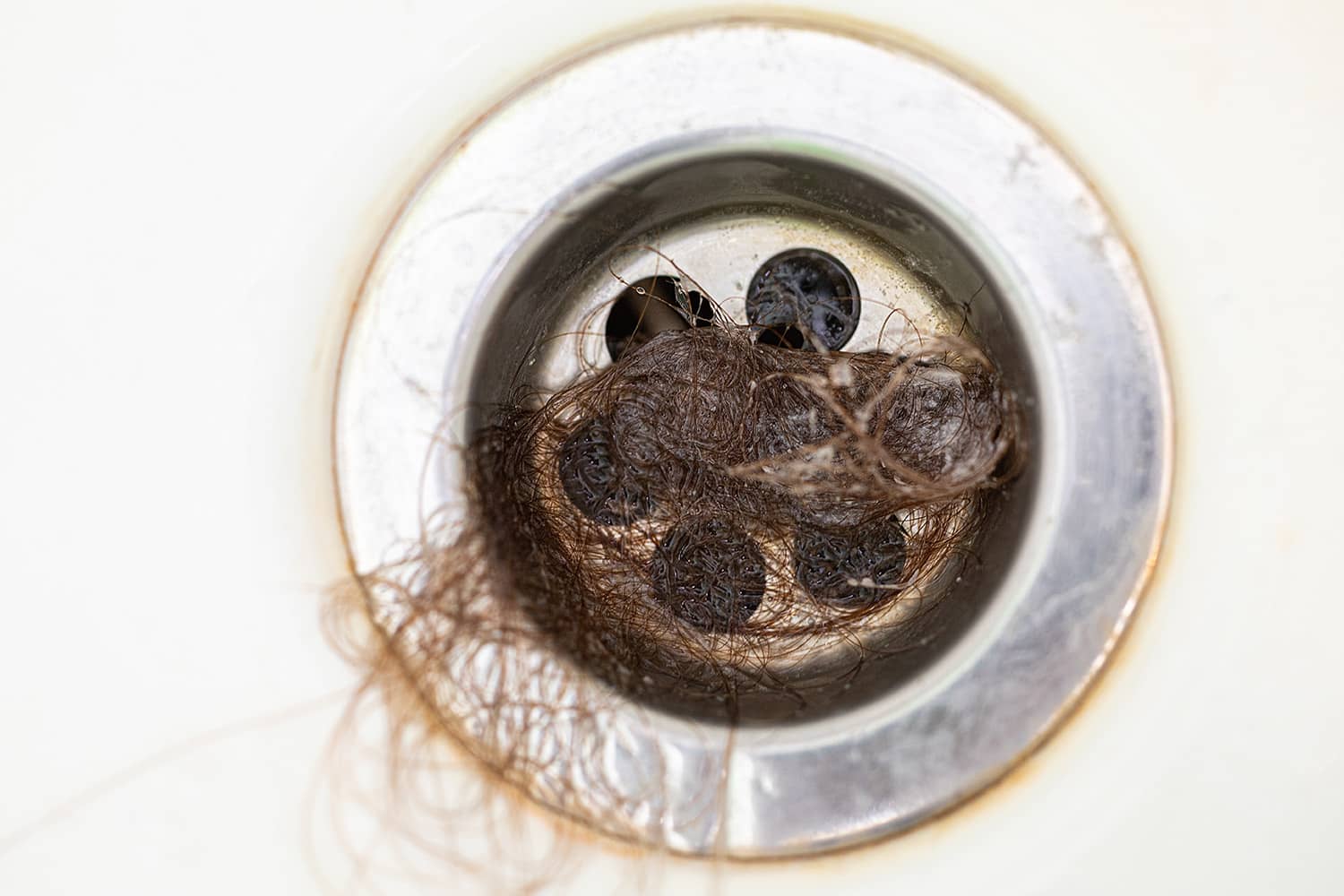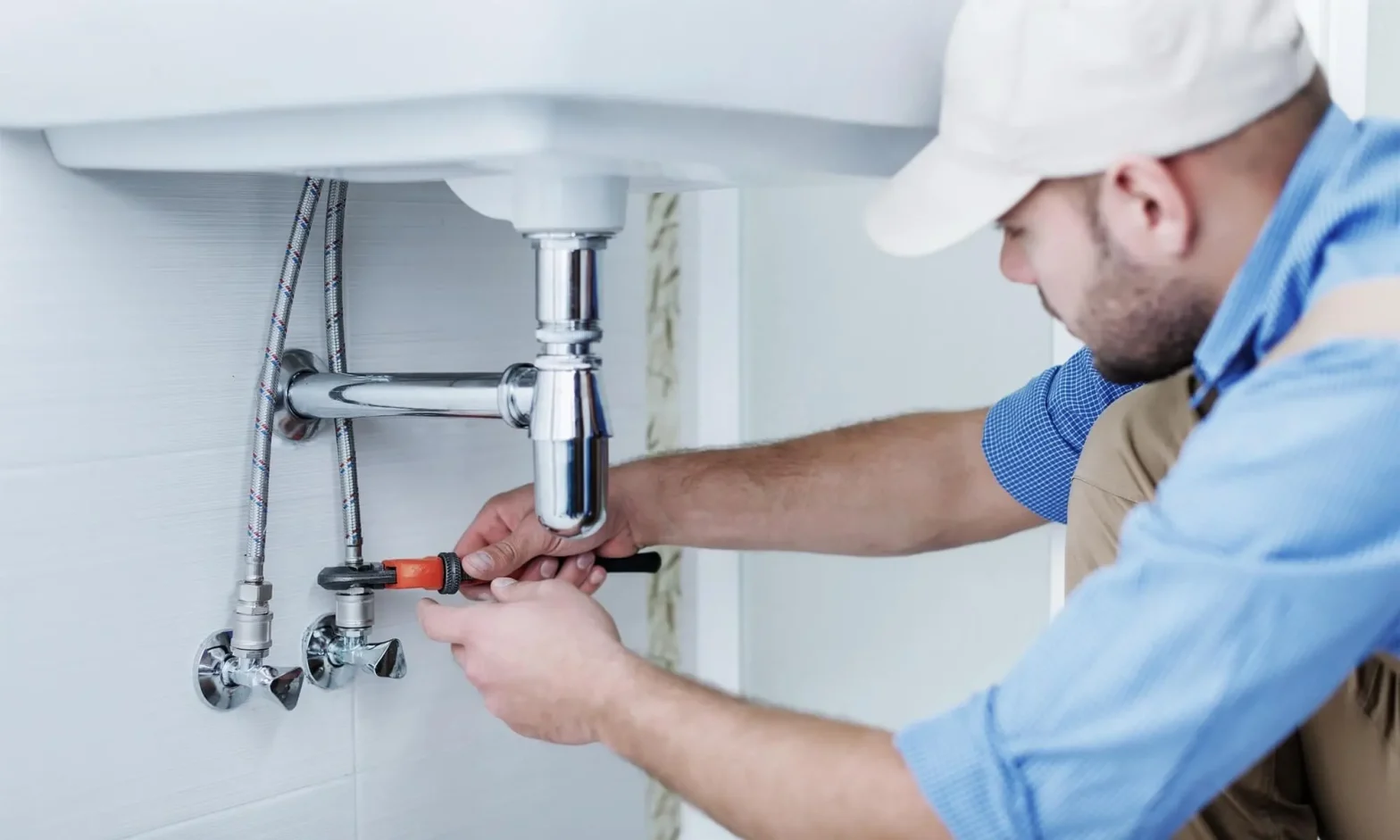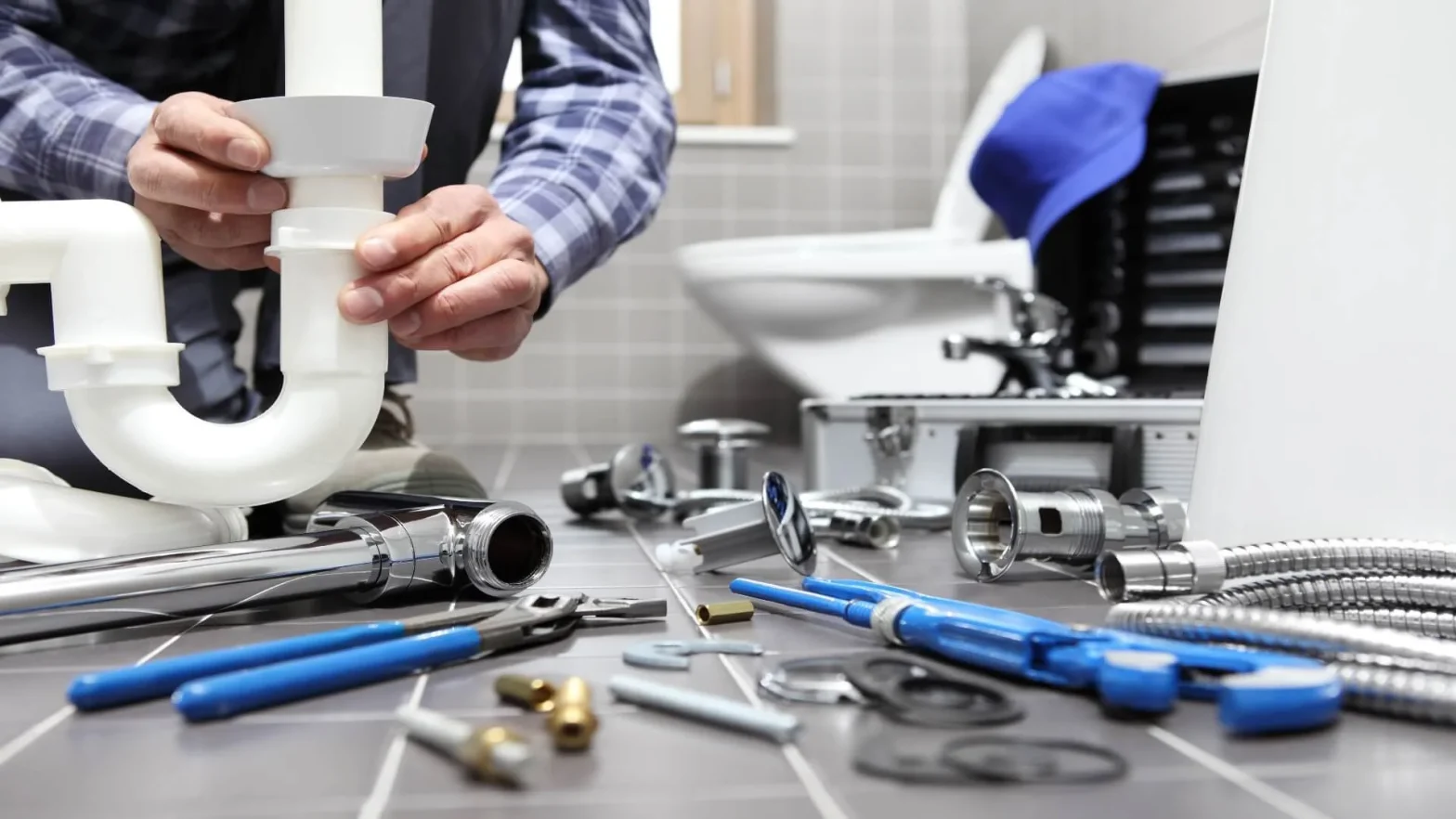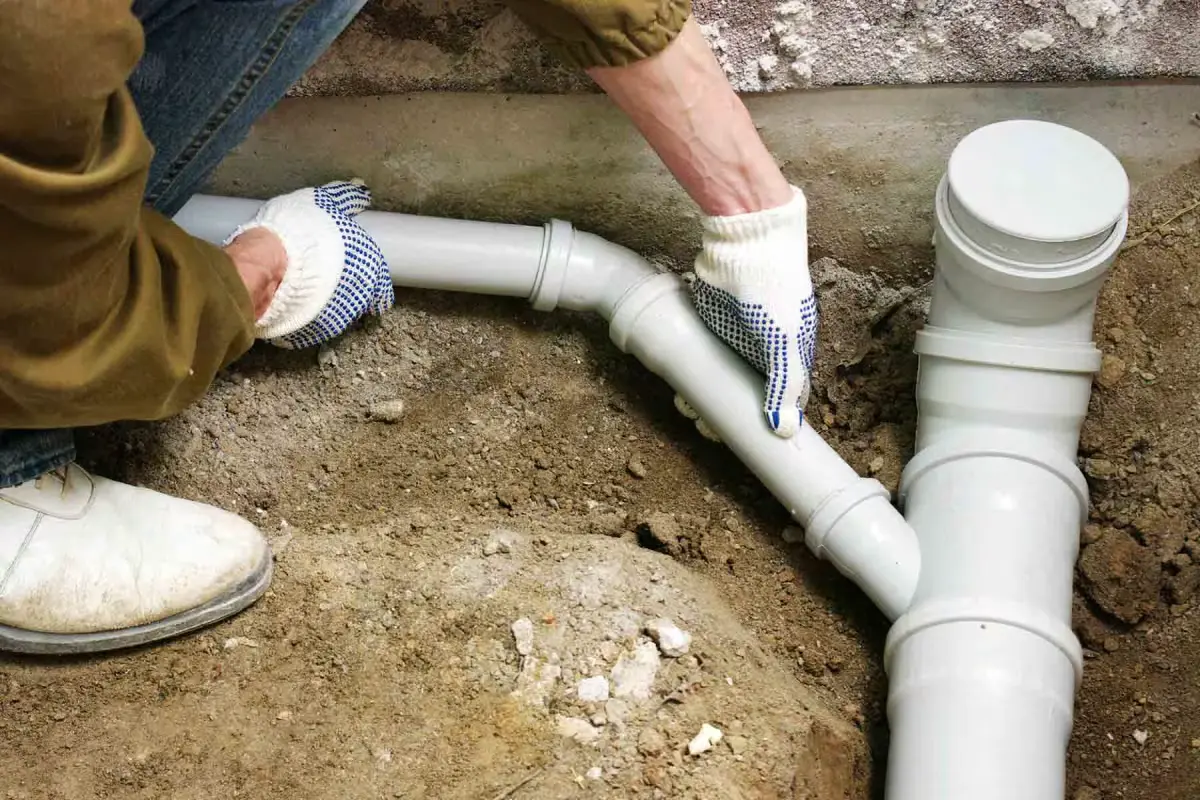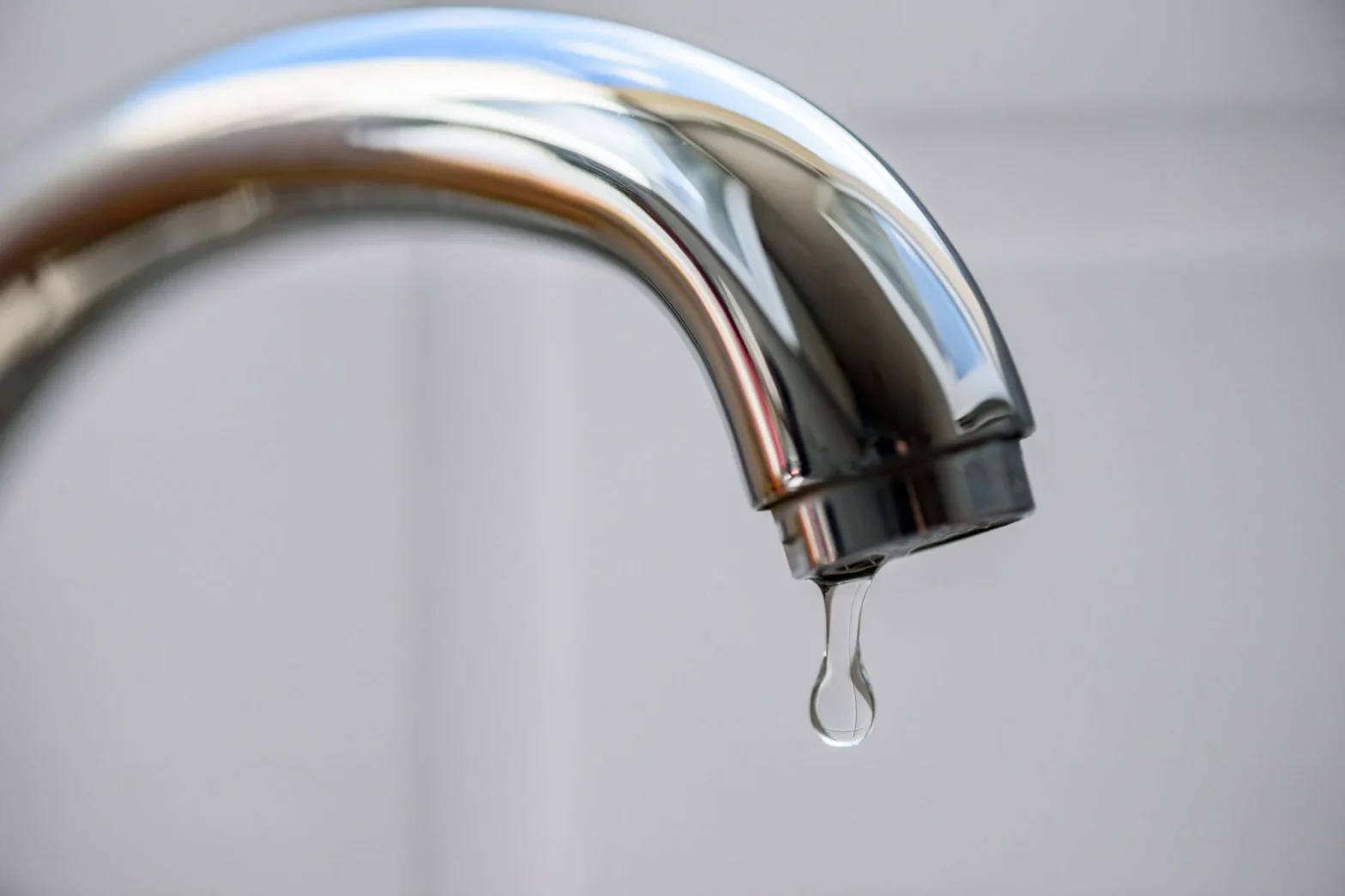Common Causes of Clogged Drains and How to Prevent Them: Expert Tips for a Trouble-Free Home
One of the most frequent plumbing problems that homeowners deal with is clogged drains, which may result in unpleasant smells, bothersome backups, and even water damage. You may save time, money, and hassle by being aware of the reasons for clogged drains and learning how to prevent them. We’ll look at the most typical reasons for clogged drains in this blog post and offer professional advice on how to maintain the efficiency of your plumbing system. Read on to learn more about maintaining a clog-free home and find out how our professional plumbing services in California can help.
Common Causes of Clogged Drains
1. Hair Buildup
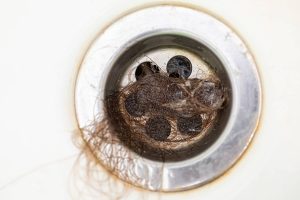 Hair is one of the leading causes of clogged bathroom drains, especially in showers, bathtubs, and sinks. When hair accumulates in the drain, it can combine with soap residue and other debris, forming a stubborn clog that restricts water flow.
Hair is one of the leading causes of clogged bathroom drains, especially in showers, bathtubs, and sinks. When hair accumulates in the drain, it can combine with soap residue and other debris, forming a stubborn clog that restricts water flow.
Prevention Tips:
Use Drain Covers: Installing drain covers or hair catchers can significantly reduce the amount of hair that goes down your drains.
Regular Cleaning: Periodically clean out hair and debris from drain covers to prevent buildup.
2. Soap and Grease Accumulation
The majority of bar soaps that are produced commercially contain animal fat derivatives. Soap scum is created when fat and water’s minerals combine. Grease and soap residue can accumulate within pipes over time, causing obstructions and slow drains. This is especially frequent in kitchen sinks because food particles and cooking oil fat can freeze and cause a clog.
Prevention Tips:
Dispose of Grease Properly: Avoid pouring grease or cooking oils down the drain. Instead, let them cool and dispose of them in the trash.
Use Hot Water: Regularly flush your drains with hot water to help dissolve soap scum and grease.
3. Food Waste
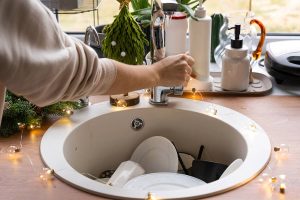 When food waste is flushed down the drain, kitchen sinks can easily clog. Over time, food residue can build up in pipes and cause clogs. Certain food wastes, like coffee grounds, eggshells, and fibrous vegetables, can clog kitchen drains even with a garbage disposal. These substances can build up over time and are difficult to decompose, which can cause blockages.
When food waste is flushed down the drain, kitchen sinks can easily clog. Over time, food residue can build up in pipes and cause clogs. Certain food wastes, like coffee grounds, eggshells, and fibrous vegetables, can clog kitchen drains even with a garbage disposal. These substances can build up over time and are difficult to decompose, which can cause blockages.
Prevention Tips:
Mind What You Dispose: Be cautious about what you put down your kitchen sink. Avoid disposing of coffee grounds, eggshells, and fibrous vegetables like celery or potato peels.
Use Cold Water with Garbage Disposals: Run cold water before, during, and after using your garbage disposal to help solidify any fats or grease and ensure they are chopped up before entering the drain.
4. Foreign Objects
Foreign objects such as small toys, sanitary products, cotton swabs, paper towels and disposable wipes can easily cause clogs if they end up in your plumbing system. Disposal wipes are a primary source of obstinate blockages. One of the key provisions of the WIPPES Act of The California Association of Sanitation Agencies requires that wipes manufacturers print clear and visible “Do Not Flush” label notices on non-flushable wet wipes product packaging and prohibition on the representation or marketing of flushable attributes, performance, or efficacy benefits for non-flushable wipes products. In toilets, drain pipes, sewer lines, and municipal water treatment centers, the majority of these items do not disintegrate and can create stubborn blockages.
Prevention Tips:
Proper Disposal: Never flush anything other than toilet paper and human waste down the toilet. Ensure children are aware of what should and shouldn’t be flushed.
Install Drain Guards: Consider installing drain guards to catch small objects before they can cause a clog.
5. Tree Roots
A less evident but no less important reason for clogged drains is tree roots, especially in older homes with outdated plumbing systems. Due to their innate attraction to nutrients and moisture, tree roots with their ability to pierce pipes, may find their way into your sewage and drain systems. Growing roots have the potential to obstruct waste and water flow and cause clogs. Static water buildup in the pipes due to this obstruction may result in unpleasant odors.
Prevention Tips:
Regular Inspection: Have your plumbing system inspected regularly, especially if you have large trees near your property.
Trenchless Repair Methods: If you suspect tree root invasion, consider trenchless repair methods like pipe relining or bursting to minimize damage and prevent future issues.
How to Prevent Clogged Drains
Preventing clogged drains requires a combination of mindful habits and regular professional maintenance. Here are some general tips to help keep your drains clear:
Routine Cleaning: Use a mixture of baking soda and vinegar followed by hot water once a month to keep your drains clean and free from buildup.
Avoid Chemical Drain Cleaners: While it might be tempting to use chemical drain cleaners, they can damage your pipes and cause more harm than good. Opt for natural solutions or call a professional for stubborn clogs.
Regular Inspections: Schedule annual plumbing inspections to catch potential problems before they become major issues. This can help extend the life of your plumbing system and prevent costly repairs.
By following these expert tips and maintaining a proactive approach to drain care, you can avoid the frustration and inconvenience of clogged drains. Remember, prevention is always better than cure, and with the right habits, you can keep your plumbing system running smoothly all year round.
If you’re dealing with slow drains, recurring clogs, or just want to ensure your plumbing system is in top shape, our expert plumbers are here to help. At “Cali’s Choice”, we offer comprehensive drain cleaning services in California to keep your home’s plumbing running smoothly. Contact us today to schedule an appointment or learn more about our services. Let us help you keep your drains clear and your home clog-free!
Here are some Frequently Asked Questions FAQs
- What are the most common causes of clogged drains?
The most common causes of clogged drains include hair buildup, soap scum, grease accumulation, food waste, foreign objects, and tree roots infiltrating pipes. These can block water flow and cause slow drainage or complete blockages. - How can I prevent hair from clogging my drains?
To prevent hair clogs, use drain covers or hair catchers in showers, bathtubs, and sinks. Regularly clean the covers to remove trapped hair and prevent buildup in the drain. - Is it safe to pour grease down the drain if I use hot water?
No, pouring grease down the drain, even with hot water, is not safe. Grease can solidify and cause blockages as it cools in the pipes. It’s best to let grease cool and dispose of it in the trash. - What should I do if I suspect tree roots are clogging my pipes?
If you suspect tree roots are causing a clog, contact a professional plumber for an inspection. They can use a camera to check your pipes and recommend solutions like pipe relining or trenchless repair methods to address the issue. - Are chemical drain cleaners safe to use for clearing clogs?
Chemical drain cleaners are generally not recommended as they can damage your pipes and often don’t provide a long-term solution. It’s better to use natural methods or call a professional plumber for persistent or severe clogs.
Related Posts


